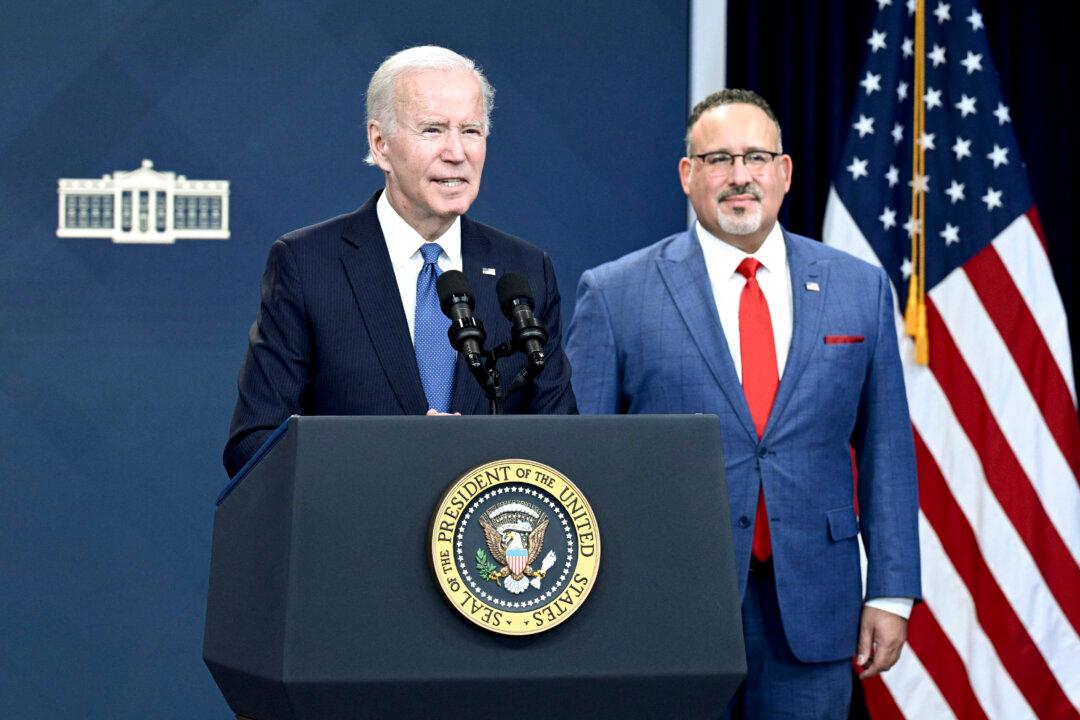A federal appeals court has issued an order that blocks all remaining parts of the federal government’s Saving on a Valuable Education (SAVE) student debt relief plan that weren’t blocked by an earlier lower-court ruling.
In a brief unsigned order entered into the record on July 18, the St. Louis-based 8th U.S. Circuit Court of Appeals granted a request by a coalition of seven Republican-led states led by Missouri to block all remaining active parts of the Education Department’s SAVE plan, which aims to lower student loan payments and forgive debts.





